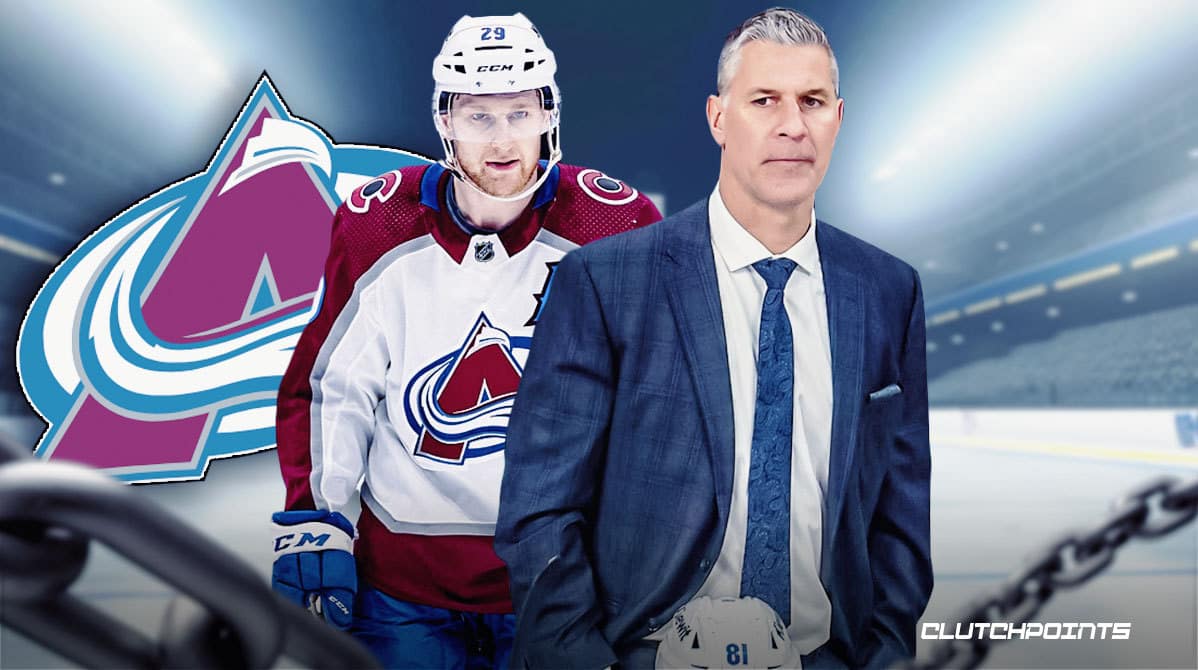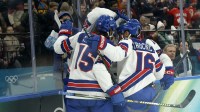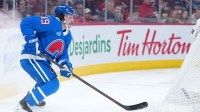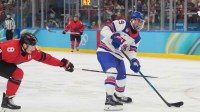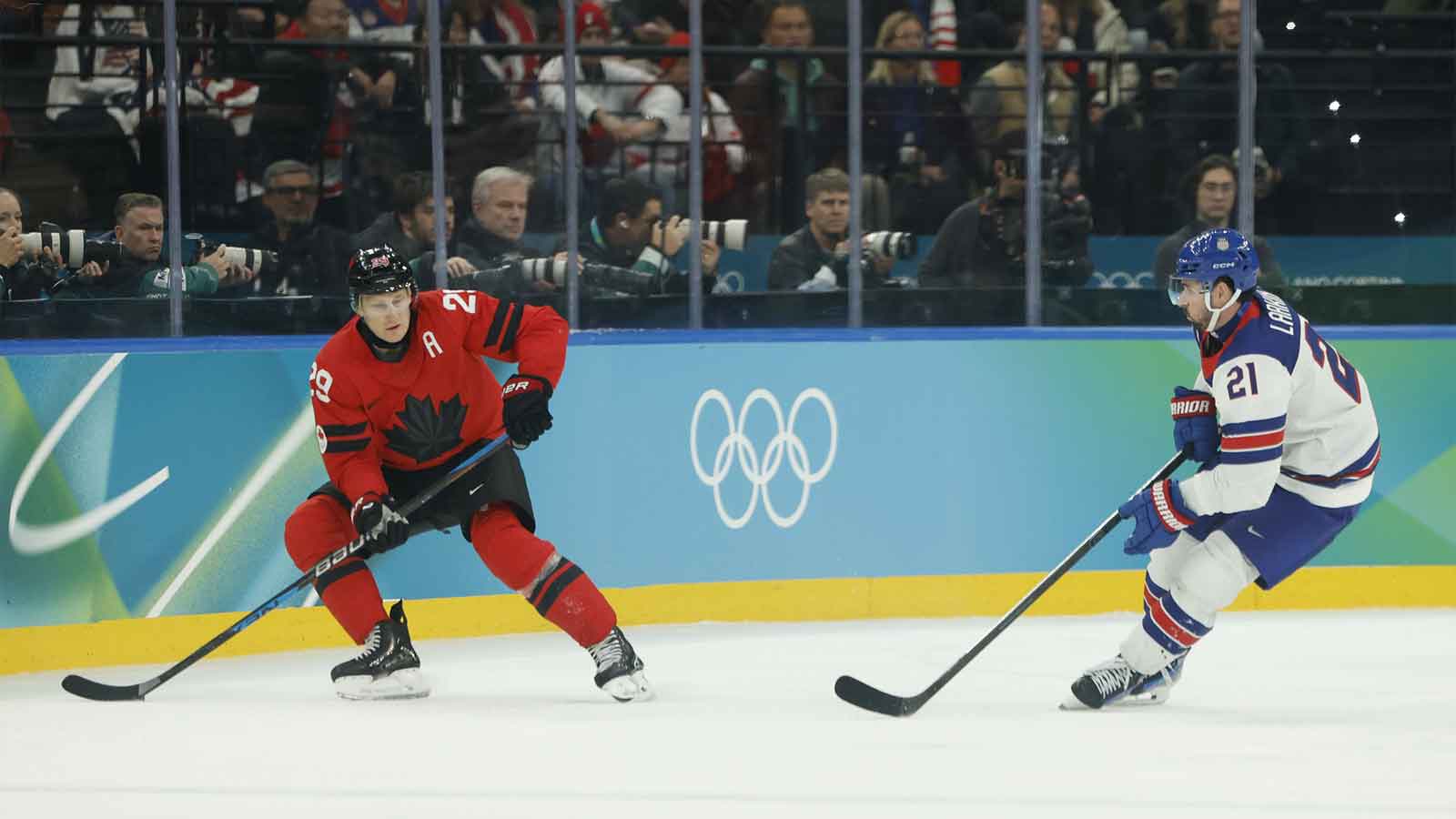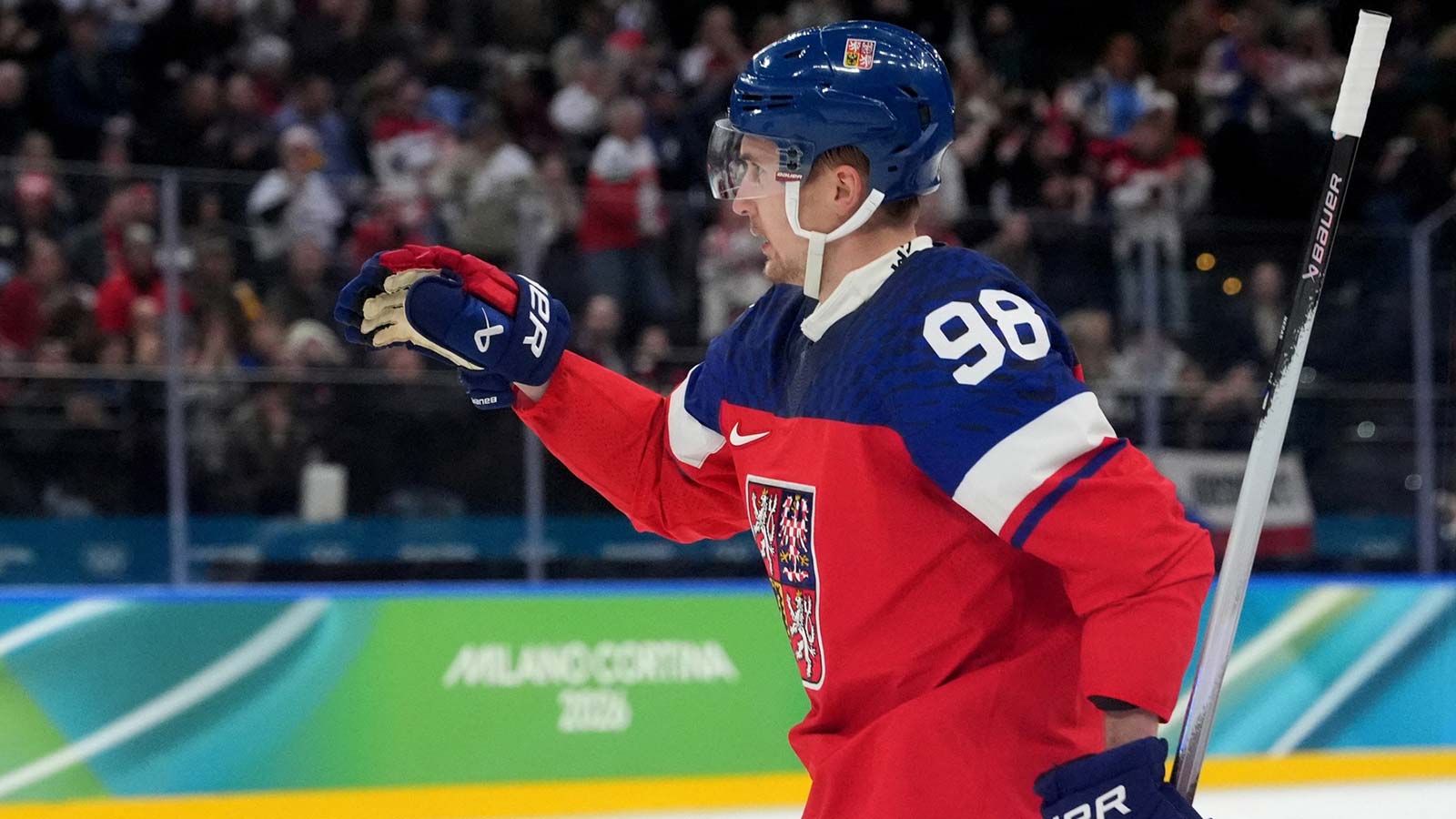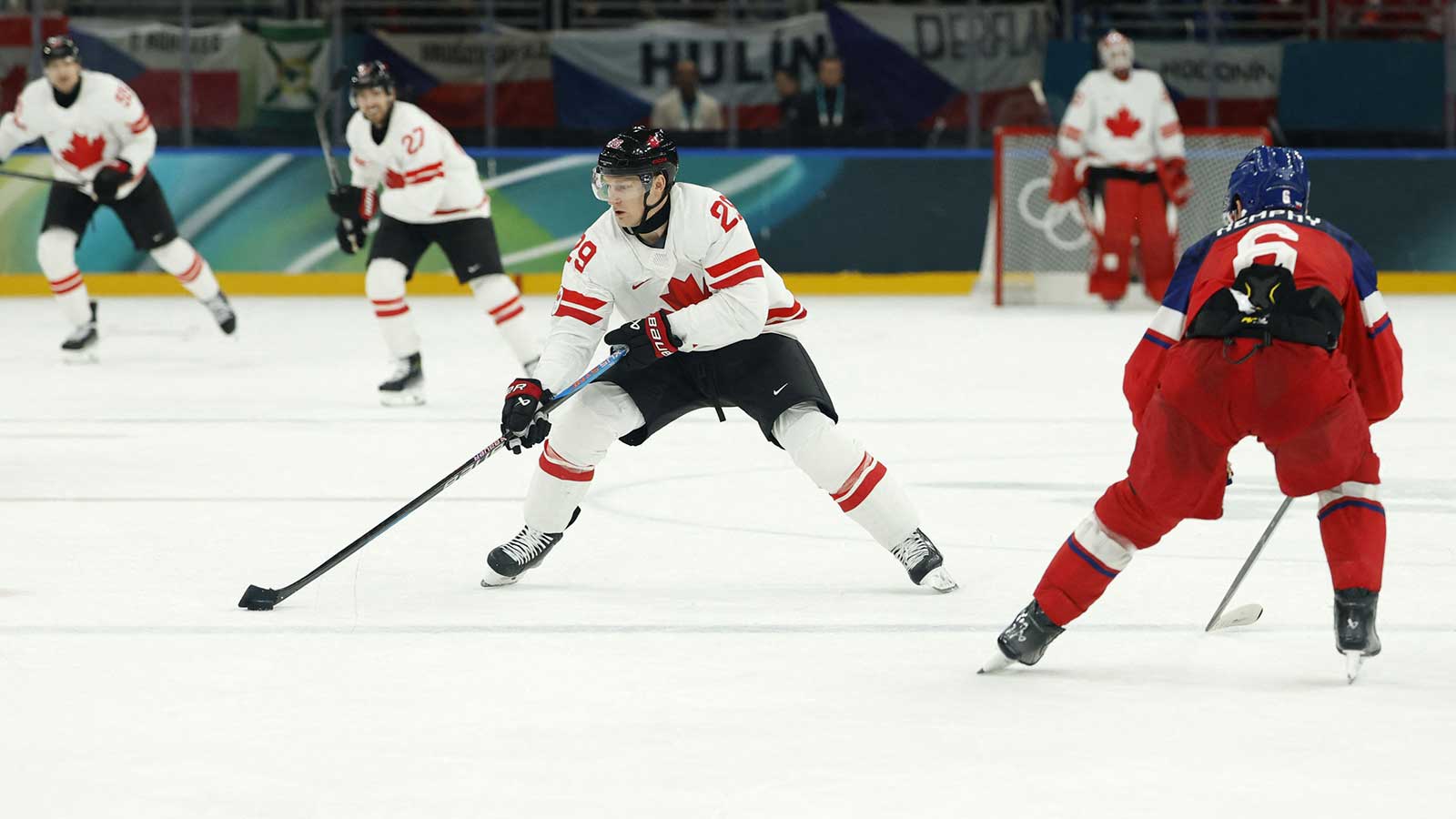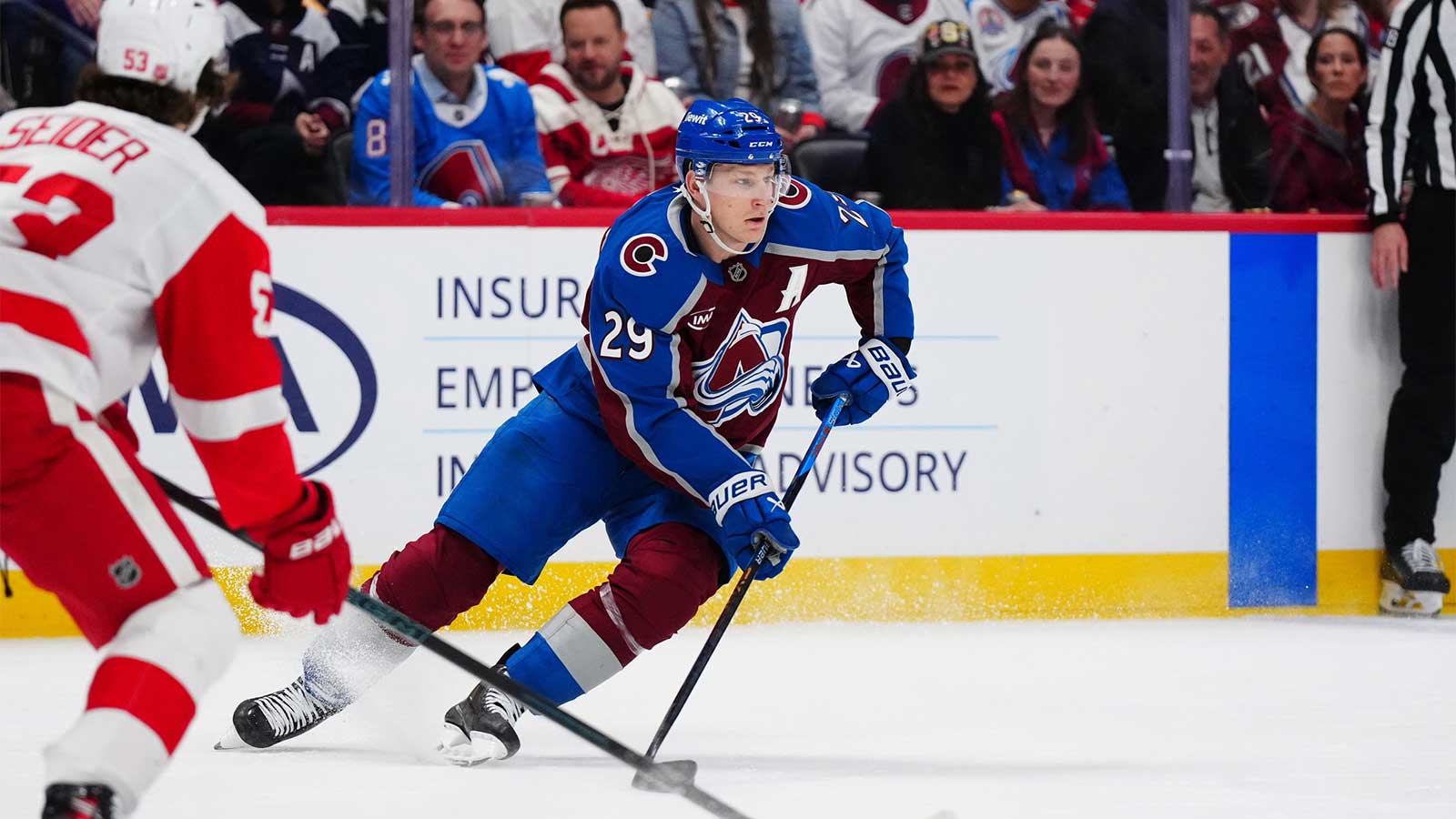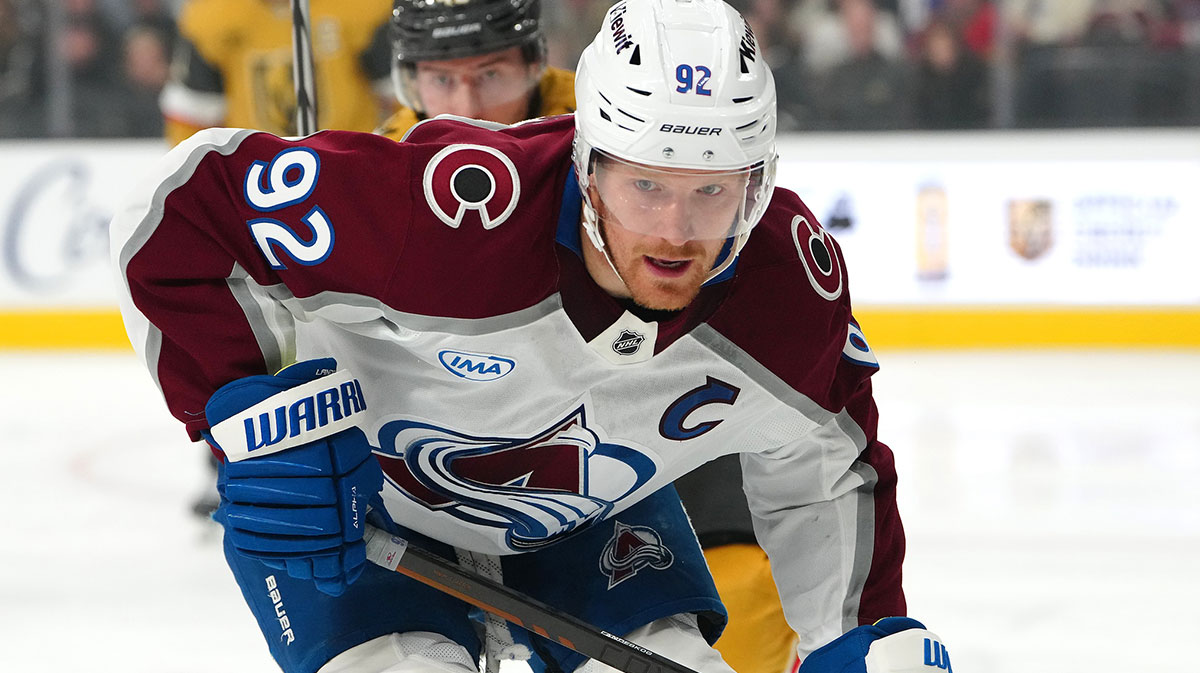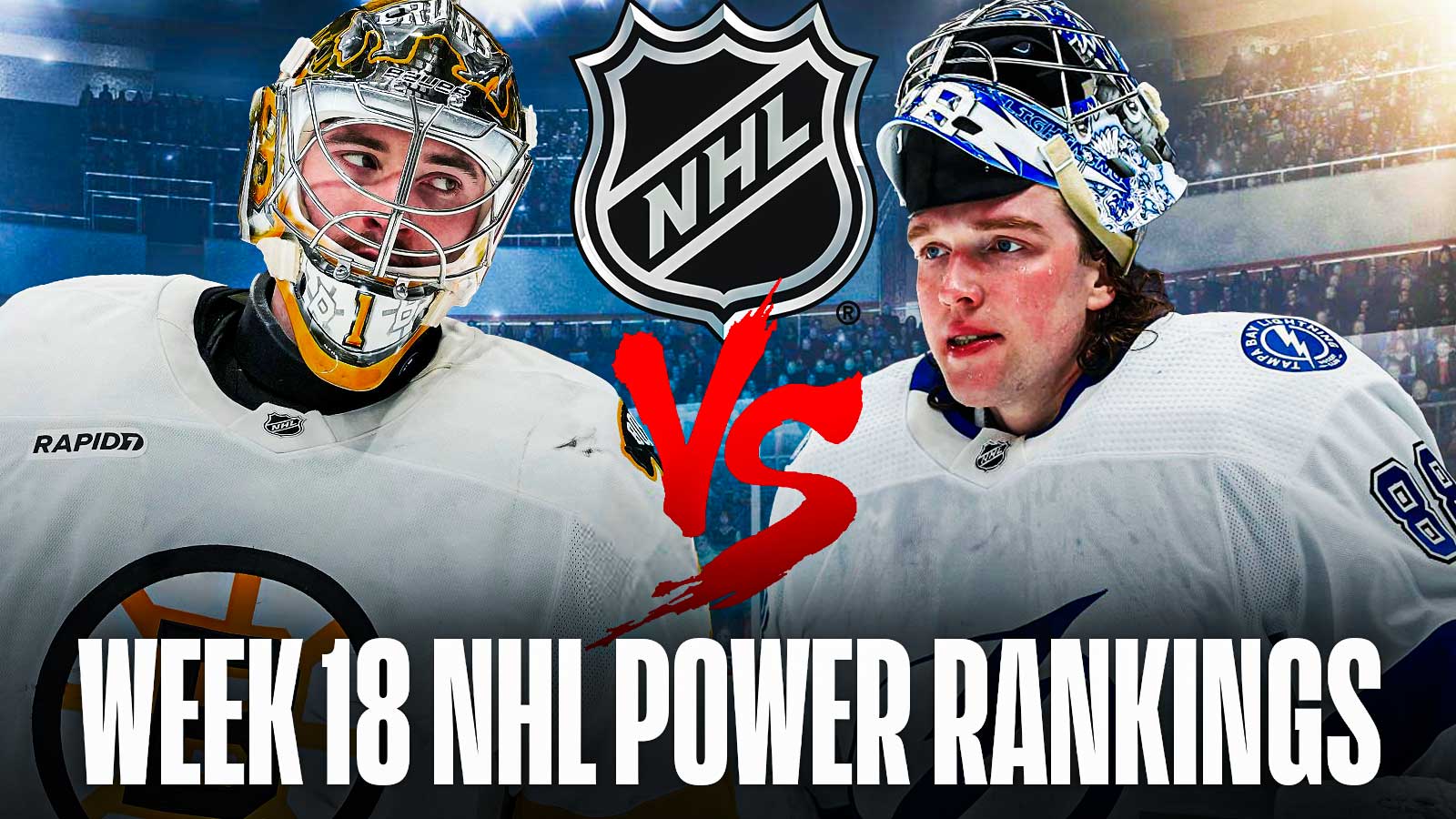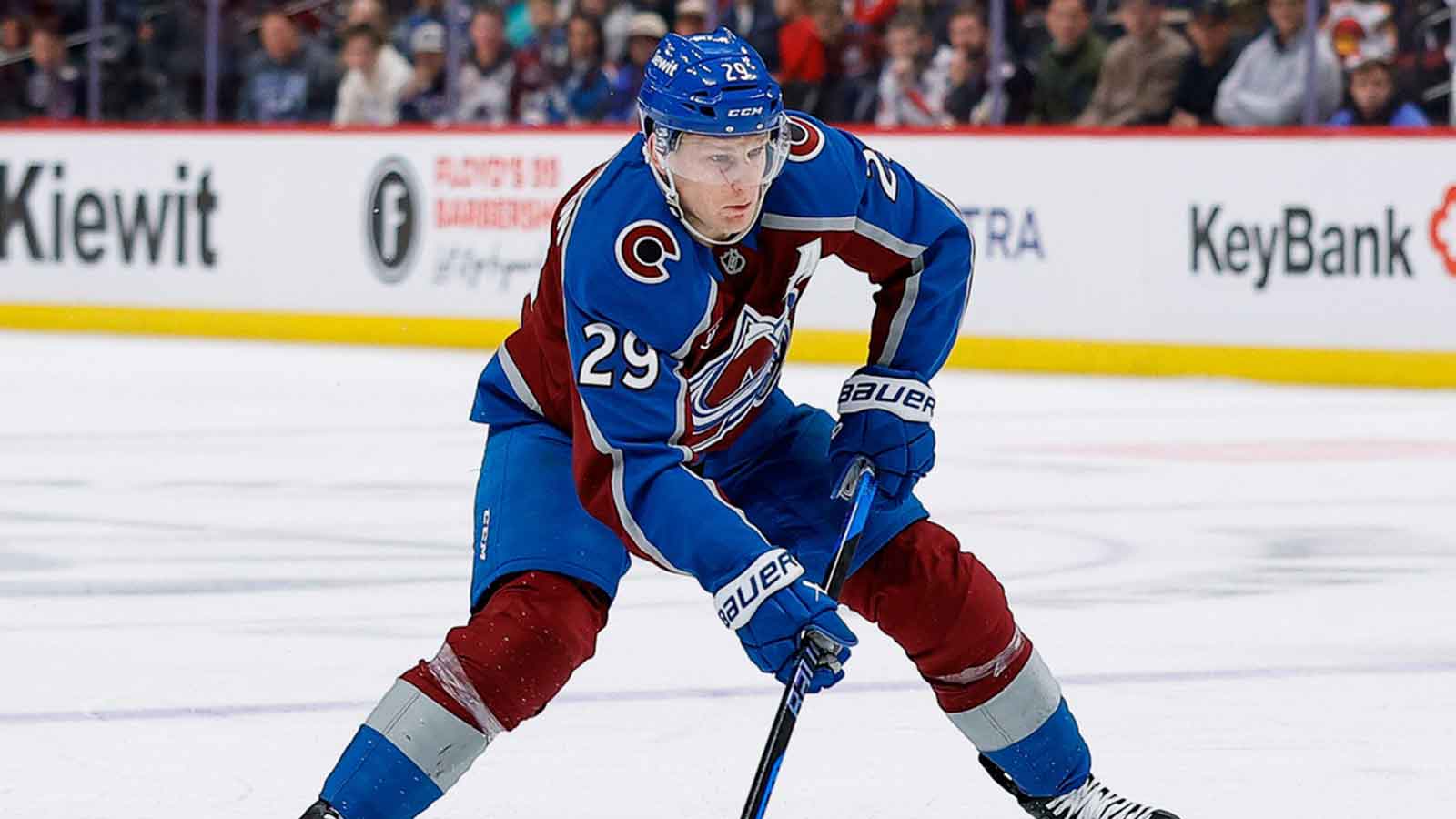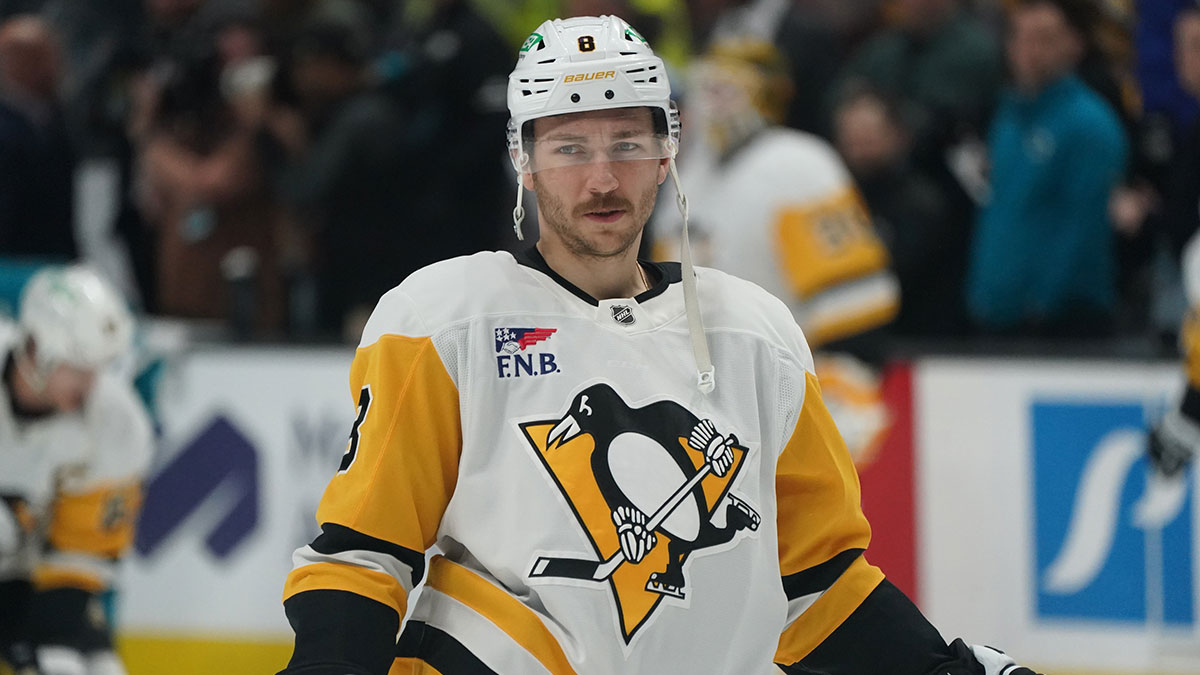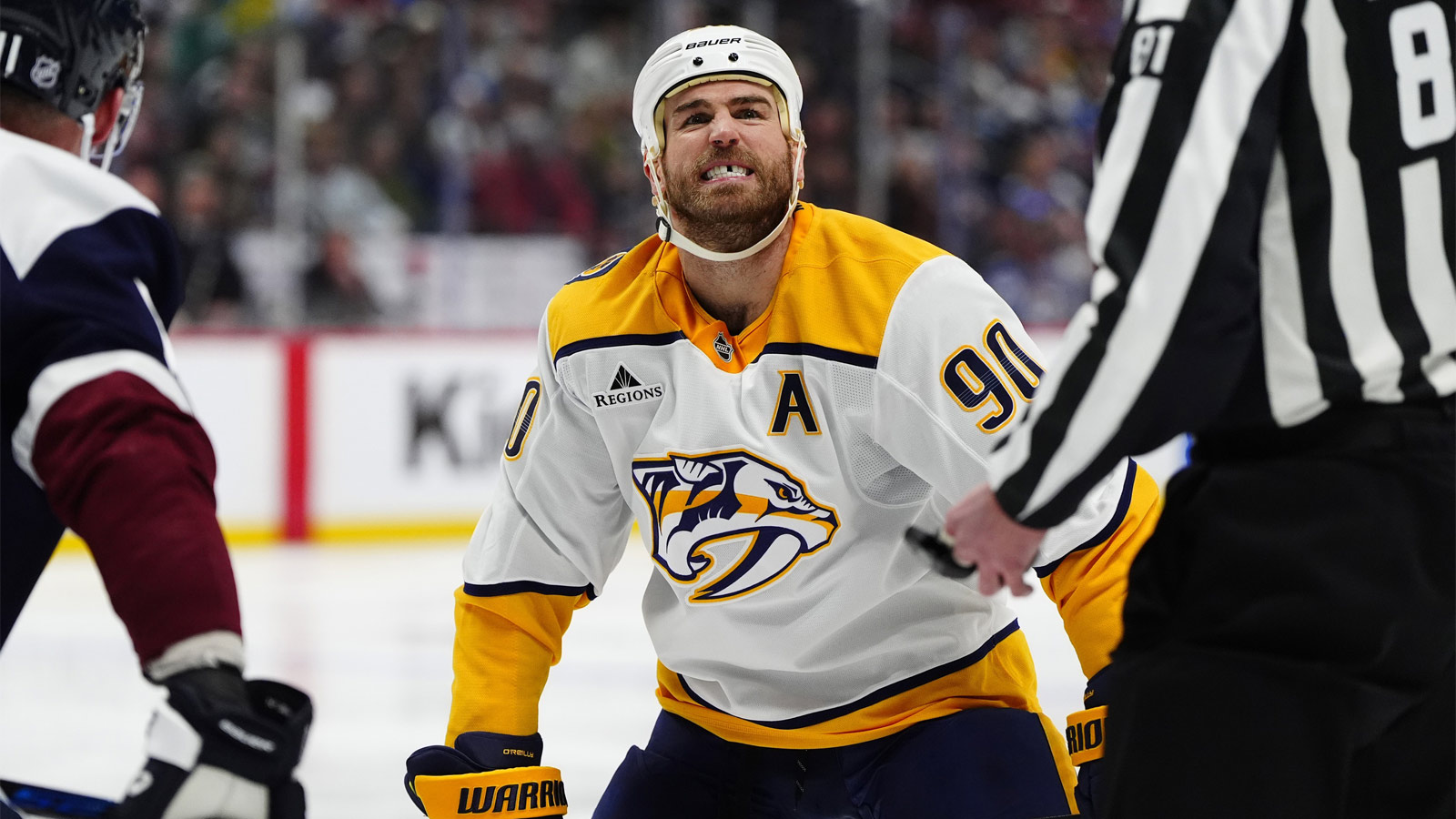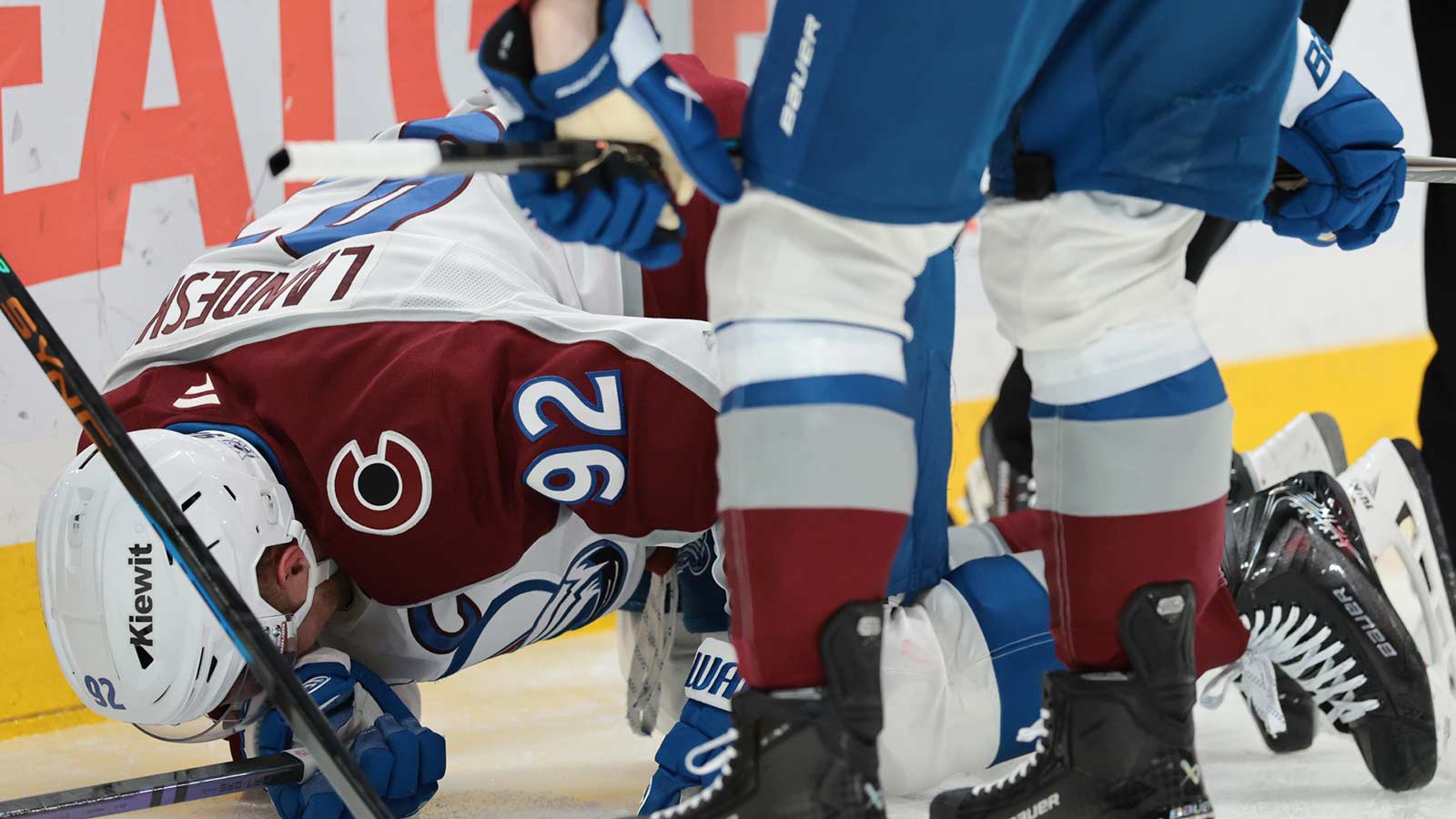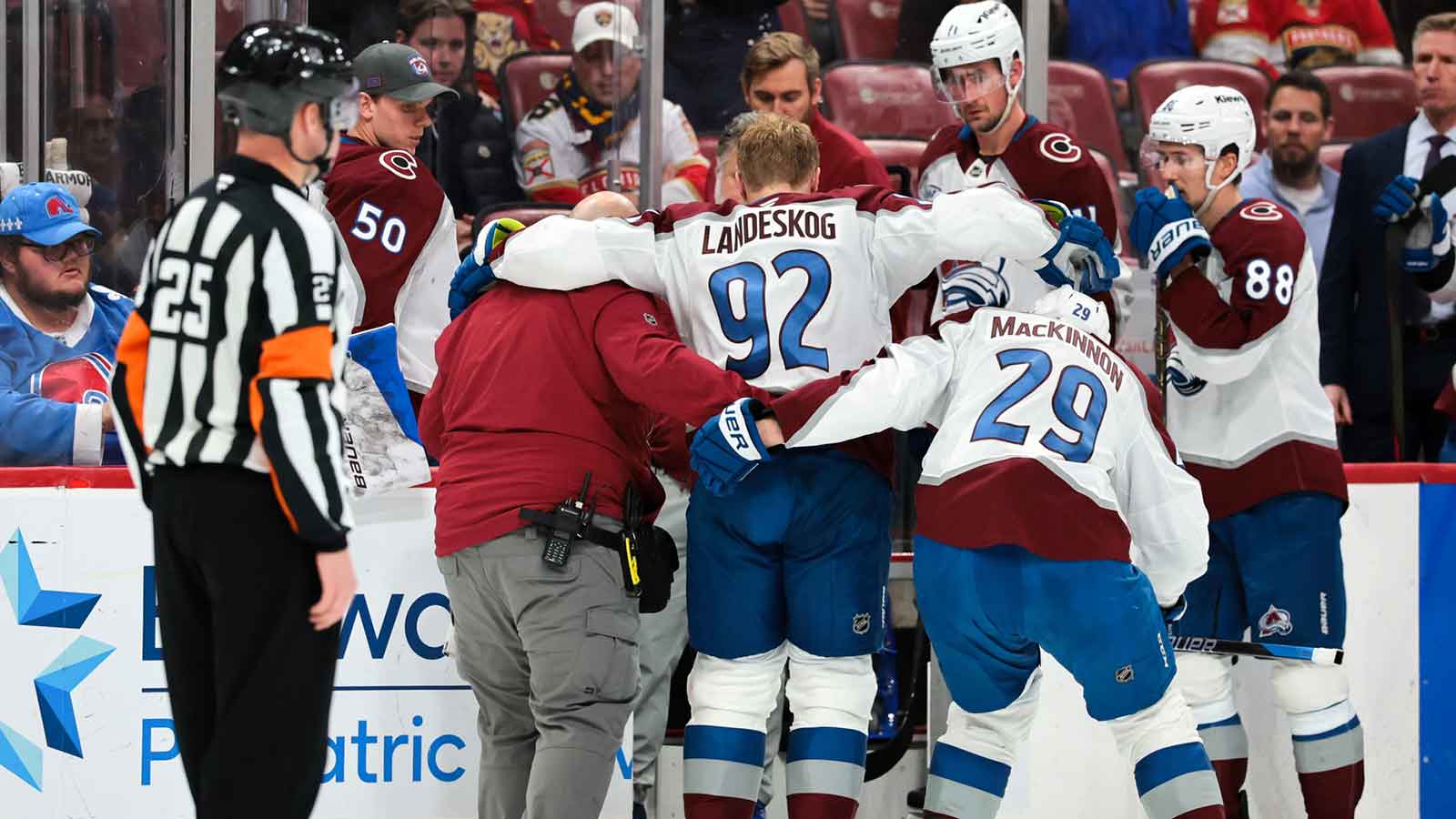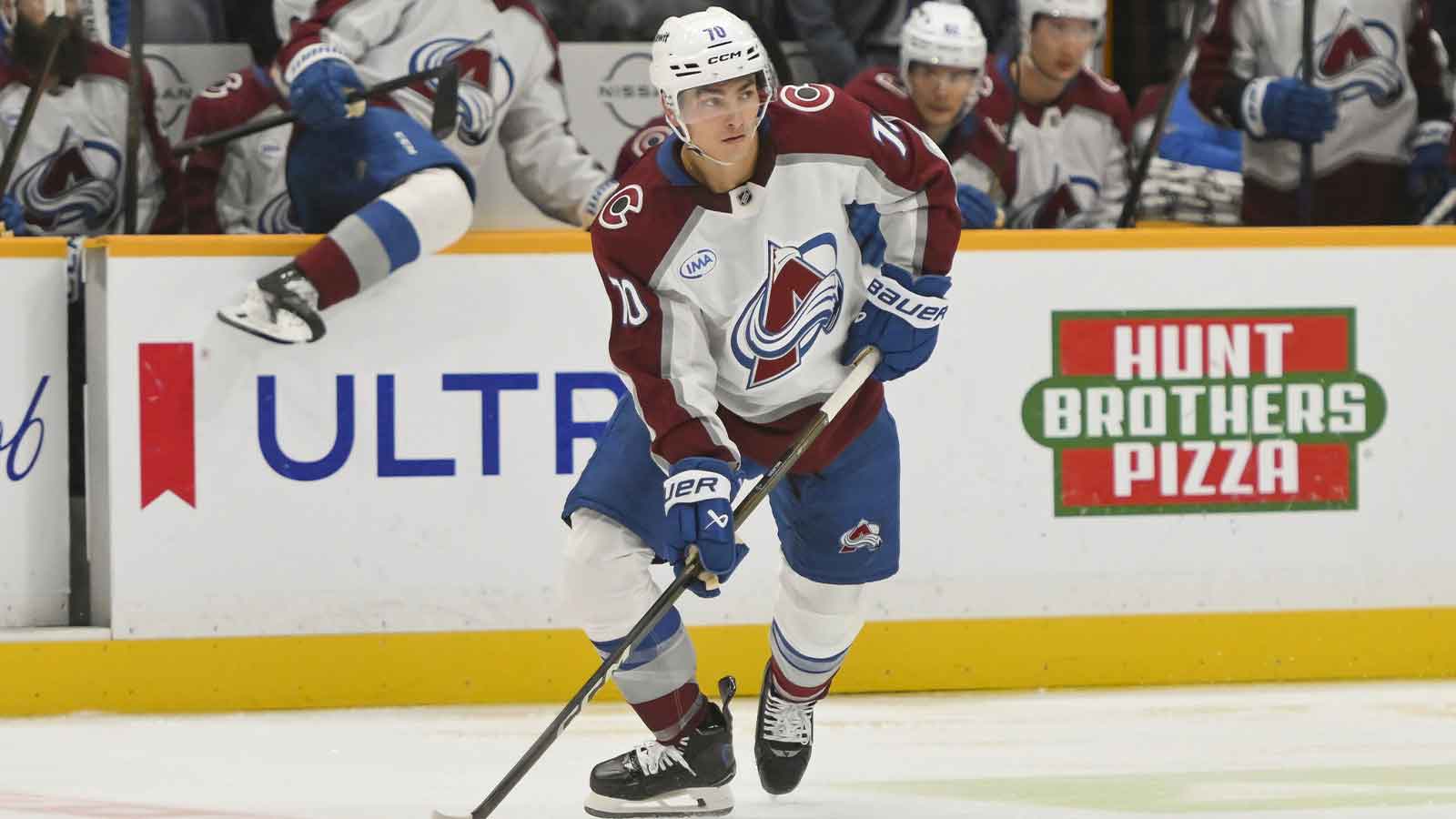The Colorado Avalanche won't be back-to-back Stanley Cup Champions, following a surprising first round loss to the Seattle Kraken.
The series wrapped up Sunday night, with the Avalanche falling 2-1 in Game 7 on home ice. It marks the first time in five years the Avalanche didn't get past the opening round of the playoffs.
Below, we take a look at what led to Colorado's early exit.
A Weakened Lineup
Compare Colorado's Cup-winning lineup last season to their group this year, and it was on a different level. The discrepancy comes specifically within the forward group.
The Avalanche were missing four of their top six forwards from 2021-22 for the majority of this year's playoffs.
Nazem Kadri and Andre Burakovsky, who combined for 50 goals in the 2021-22 regular season, both left last summer. Meanwhile, Gabriel Landeskog was out for the entire season with an injury.
Then while Valeri Nichushkin did suit up for the first two games of the series, he left the team prior to Game 3 and did not play again.
Nichushkin was involved in a police incident, with a woman being found intoxicated in his hotel room last Saturday and transported to hospital.
High-end offense was key to the Avalanche's success last season and this year, they didn't head into the postseason with the same firepower up front.
Lack of Secondary Scoring
The Avalanche's top stars did perform as needed, for the most part. Mikko Rantanen had seven goals and 10 points in seven games, while Nathan MacKinnon had seven points himself. Then on the blue line, Cale Makar and Devon Toews both produced as expected.
However, while players like Artturi Lehkonen and Evan Rodrigues did their part to provide some additional offense, the Avalanche got very little secondary scoring after that.
Aside from Rantanen, MacKinnon, Lehkonen and Rodrigues, not a single forward on the team had more than one goal and or two points.
J.T. Compher, who put up 52 points this year, was one of those players, scoring a single goal and two points.
Meanwhile, Alex Newhook had a single assist in seven games. Nichushkin did have one goal in the two games he played but after that, it was completely quiet from the team's forwards.
Lars Eller, Matt Nieto, Denis Malgin and Logan O'Connor each played all seven games without registering a single point. Ben Meyers played in six games, without a point as well. Andrew Cogliano was also held scoreless before his scary neck injury.
Even on the blue line, the team didn't get a ton of help from their offensive defensemen. Bowen Byram and Samuel Girard each managed only a few assists.
For as good as the team's top forwards are, they can't be relied upon to carry the entire load themselves. Unfortunately, the team got essentially no help from depth players offensively.
Slumping Power Play
Another issue is the team's dangerous power play also didn't look all that threatening.
Operating at 25 percent this season, Colorado ranked sixth in the league on the man advantage in the regular season.
However, they didn't see the same success in the postseason. The Avalanche went just 2-for-18 in the series, operating at a terrible 11 percent.
It's not like they ran up against an especially strong penalty killing unit, either. Seattle's penalty kill ranked 21st in the league this year, which was third worst amongst playoff teams.
In general, special teams should've been an issue for the Kraken, also ranking 21st on the power play.
So, when Colorado wasn't getting any secondary scoring, their power play was a great chance to let the top players do the heavy lifting. However, the Avalanche couldn't take advantage, with Seattle actually having slightly more special teams success.
Grubauer Excels Against Former Team
Two years ago, the Avalanche parted ways with goaltender Philipp Grubauer. After three seasons with the team, Grubauer signed with the Kraken as a free agent.
Up until this point, there wasn't much debate the Avalanche made the right call to look elsewhere. Darcy Kuemper helped the team win a Stanley Cup, while Alexandar Georgiev posted a .919 save percentage through 62 games this year.
Both goalies also came in at a much lower cap hit than Grubauer, even if both ended up costing assets in trades.
Meanwhile, Grubauer has had a disastrous run in Seattle. Coming off a .922 save percentage in 2020-21 during his final year with the Avalanche, his numbers plummeted last year, as he managed just a .889 save percentage.
He wasn't much better this year, posting only a .895 save percentage, while playing in fewer games than counterpart Martin Jones.
Coming into the postseason with a bit of a reputation for stumbling in the playoffs, Grubauer completely flipped the script this year.
He started all seven games for the Kraken, posting a .929 save percentage and winning the goaltending battle against Georgiev.
While Grubauer's tenure in Seattle hasn't gone according to plan, his performance in the series was a huge factor in helping the Kraken get past his former team.

